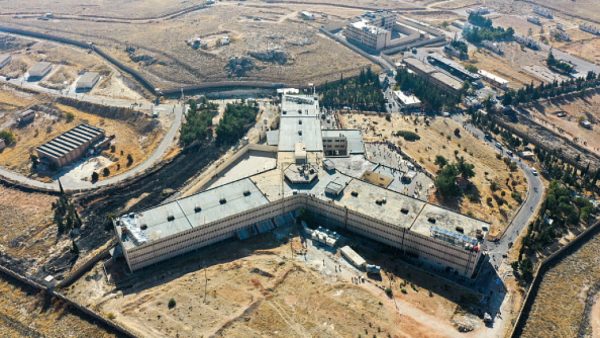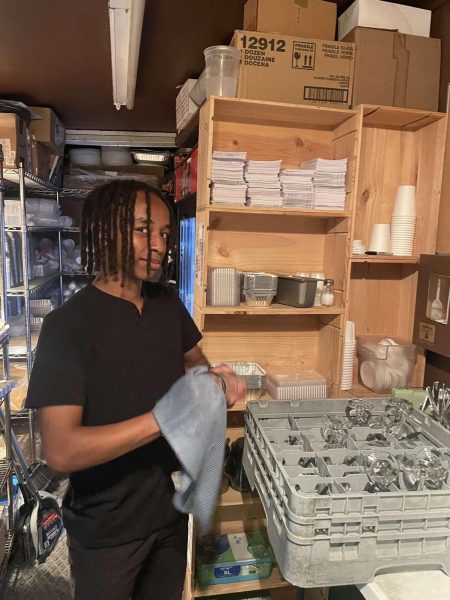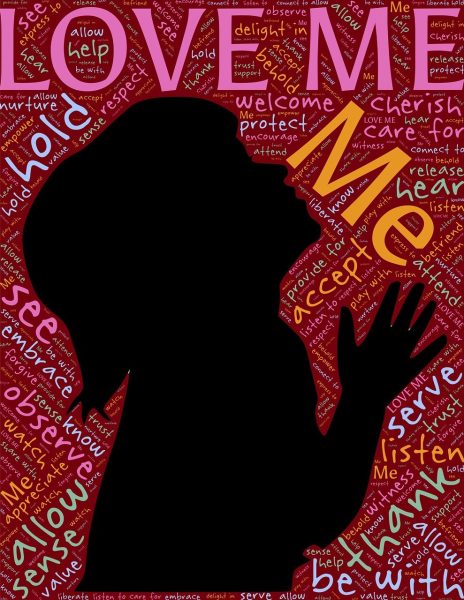How Should Teachers Talk to Students about 9/11?
With the new state law requiring a moment of silence, some are asking if it is enough?
A popular slogan for commemorating 9/11 is “Never Forget,” but as time goes by, it seems that more young people grow up not really knowing the history and significance of September 11th, 2001.
Over the summer I visited the Flight 93 memorial in Pennsylvania, and it got me interested in the history of 9/11. As someone born after that day, I really only had the knowledge about NYC and the Twin Towers. I didn’t even know about the Pentagon attack and the incredible heroism of the passengers on Flight 93.
I think the lack of knowledge my generation has is in part due to the lack of conversations in school about the attacks.
A Junior at RHS told me, “I think for New York 9/11 is very important, but throughout school, no one has ever really told me what happened or why we have a moment of silence.”
I don’t believe we should blame teachers for this lack of knowledge because the Class of 2020 is the first class to have been born after 2001. In other words, for a long time, teachers haven’t had to talk about the events because most kids remember.
Some people have suggested that high school history teachers have the responsibility of telling students about the attack, but how much should they talk about it? Should it be for the whole period?
In Emily Richmound’s article Making 9/11 Relevant to Young Learners in The Atlantic, she describes one teacher presenting kids with newspapers about the victims of the attacks in an attempt to humanize the events.
“It really affects the kids in different ways…. It puts everything into perspective,” Richmond writes.
I asked Mr. Cahill, US History teacher at RHS, to weigh in about discussing 9/11 with students.
“It’s very tricky to talk about it because it’s so recent, and people have connections to it. But I believe it’s important history and it’s got to be ingrained into our social fabric,” Cahill said.
However difficult it may be, I believe remembering our nation’s history good and bad is important for those who didn’t experience it.
What are your thoughts? Feel free to leave your comments here, or put them on paper and submit them to Rhinebeck Reality’s mailbox in the Cafe or Main Office.





